Culture
It was really interesting to be in a country with a culture so different to mine. The very first thing I noticed as I was driven from the airport at 9 pm, is that people are constantly outside. Even late at night, you can always see someone on the street. This is true during the day of course, where it seems Everyone is outside. Everywhere you look, people talking and chilling and working and buying. Arusha felt more alive than any American city I'd ever been in, where people seem to just be keeping to themselves. In America, we have really lost the art of just chilling. No one spends time in public spaces like this.
My favourite thing I saw in the city was the way people carried things around. An iconic image of Africa is a woman with a basket or bottle on her head, and you definitely saw that. But you also saw people carrying other things in similar ways. I saw a woman carrying thousands of powers of sunglasses, all hooked into eachother, and anchored onto her head. I saw a guy carrying hundreds of t-shirts, all layered on top of him. I saw 5 people stacked onto a motorcycle. I saw a guy carrying 7 entire bikes on the back of his motorcycle.
I loved hearing the anecdotes from my guide & others we spoke to. A different tour guide we talked to told us his mothers policy of "eat as much as you can whenever you can, eat more than you can actually fit in your stomach". Our guide Isaiah agreed and said he was raised on that as well. Its so different to America where people are trying to cut out food as much as possible. Tanzanian food is handsdown the best food I've ever had, even more than the Mexican food I grew up with. Every single meal we had was delicious. My body felt incredible the whole time I was there - no heartburn, no foggy or achiness. I really miss it now after being back in America for 2 weeks.
A very interesting thing I wouldn't have realized without beiing there physically is realizing the roles of dance, music, & jewelery in older cultures. I think we just think that humans innately dance or like pretty things, but they actually serve a purpose. My guide told us as a kid sometimes he'd be tasked with staying up to bang loud metal and keep wild animals away from the crops & live stock. It was then I realized that dancing rituals were for just that, to keep the animals away. Wearing a lot of jewelery performs a similar function, as you make noise everywhere you go, and the animals never approach in the first place.
Wild Life
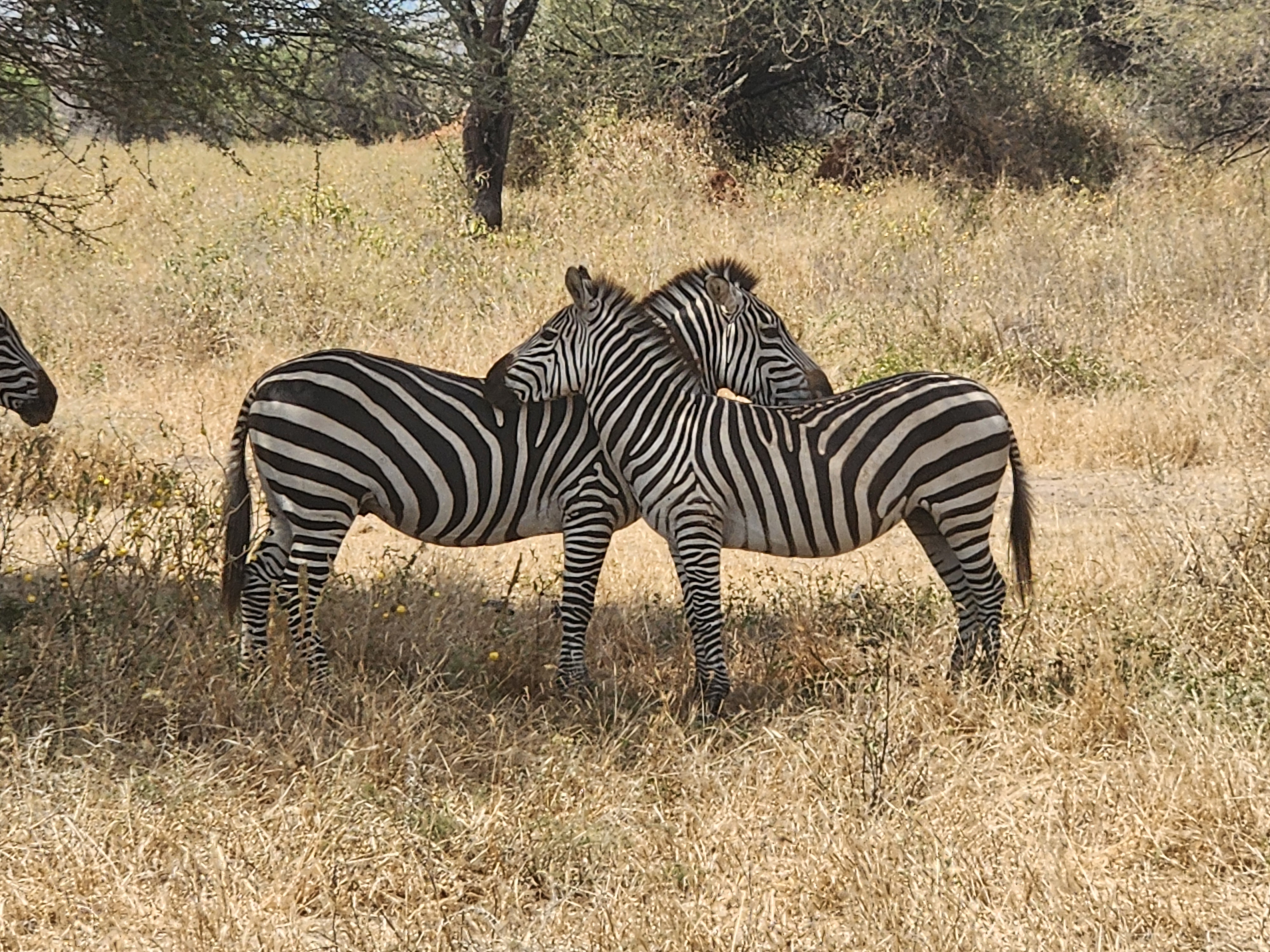
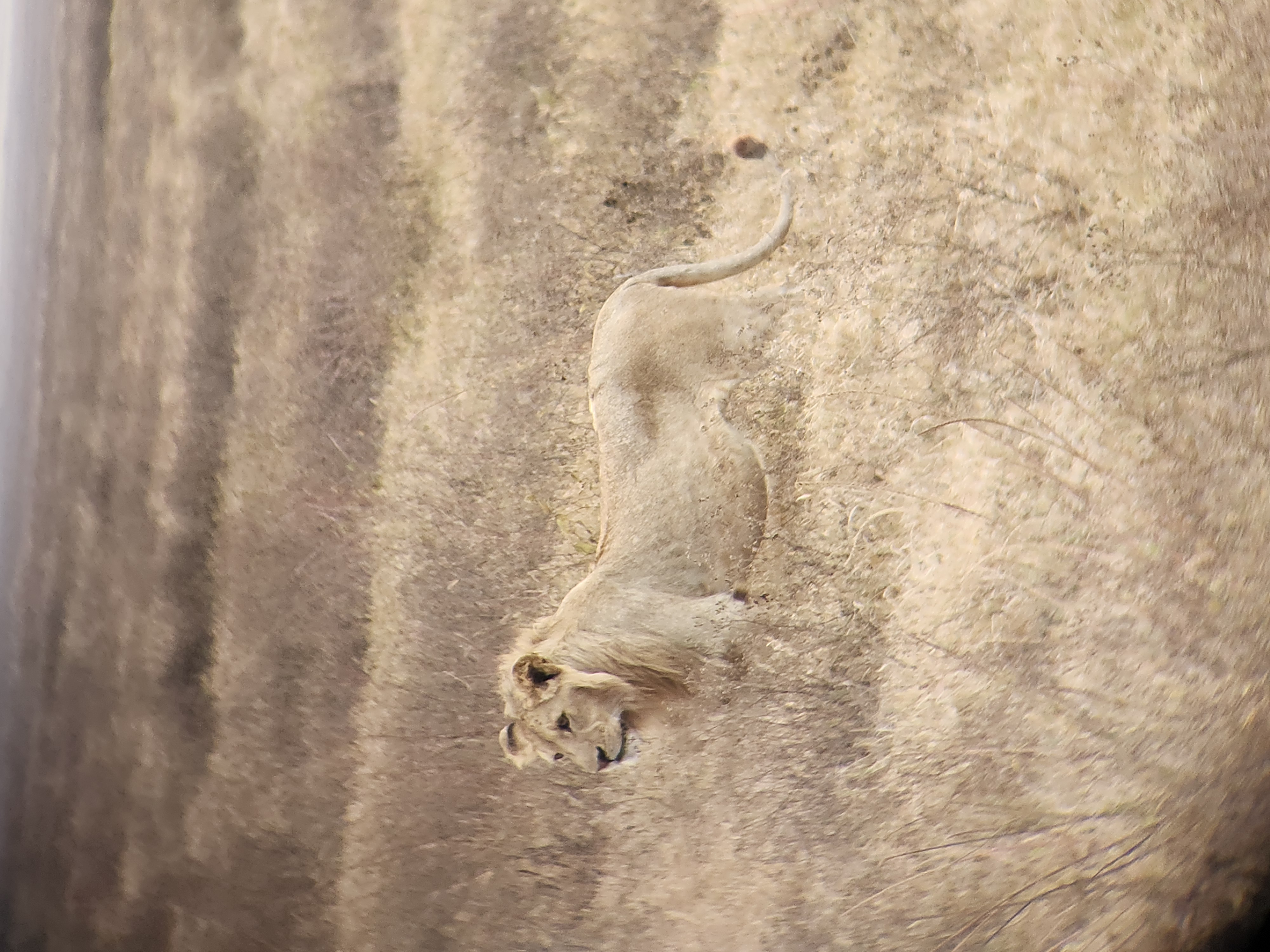
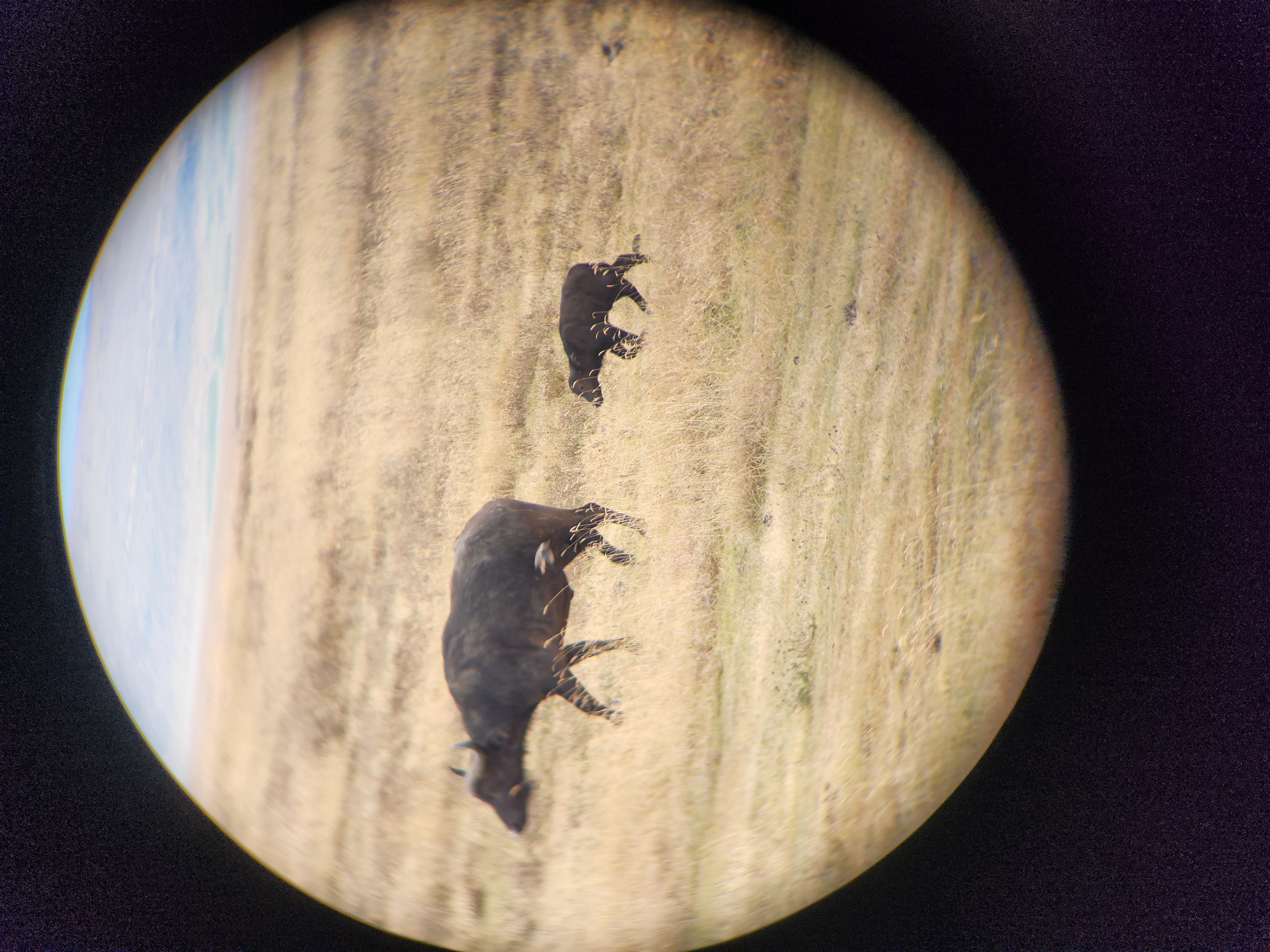
My tour group got incredibly lucky on our safari. The animals were out, even rare species. But I also cannot emphasize enough how excellent our guide was. Isaiah knew exactly where to look & what every single species we asked about was. My extended family is also into the slower, more mundane aspects of wild life, and asked about every bird we saw and about the flowers and grasses and trees. Isaiah knew every bird and every flower and every grass and every tree, even having books to show us with more information in them.
Growing up a child in America, Africa seems like a fantasy land. There is no way there are lions and antelopes and elephants running around instead of moose and deer and foxes. But there are, and it quickly became our norm, as we fell asleep every night to the noises of elephants eating and lions mewing. We got so used to the sights of giraffes, zebras, thompsons gazelles, and wildebeests that we no longer stopped for photos of them. Isaiah told us about growing up in his village and sometimes he'd be tasked with staying up to make sure no animals got into their crops or livestock. My family responded back with stories of chasing off mountain lions from their farm to keep the cows safe. I did not grow up on the farm like my older relatives, and it opened my eyes a lot to see how recently the west has strayed from this agricultural lifestyle.
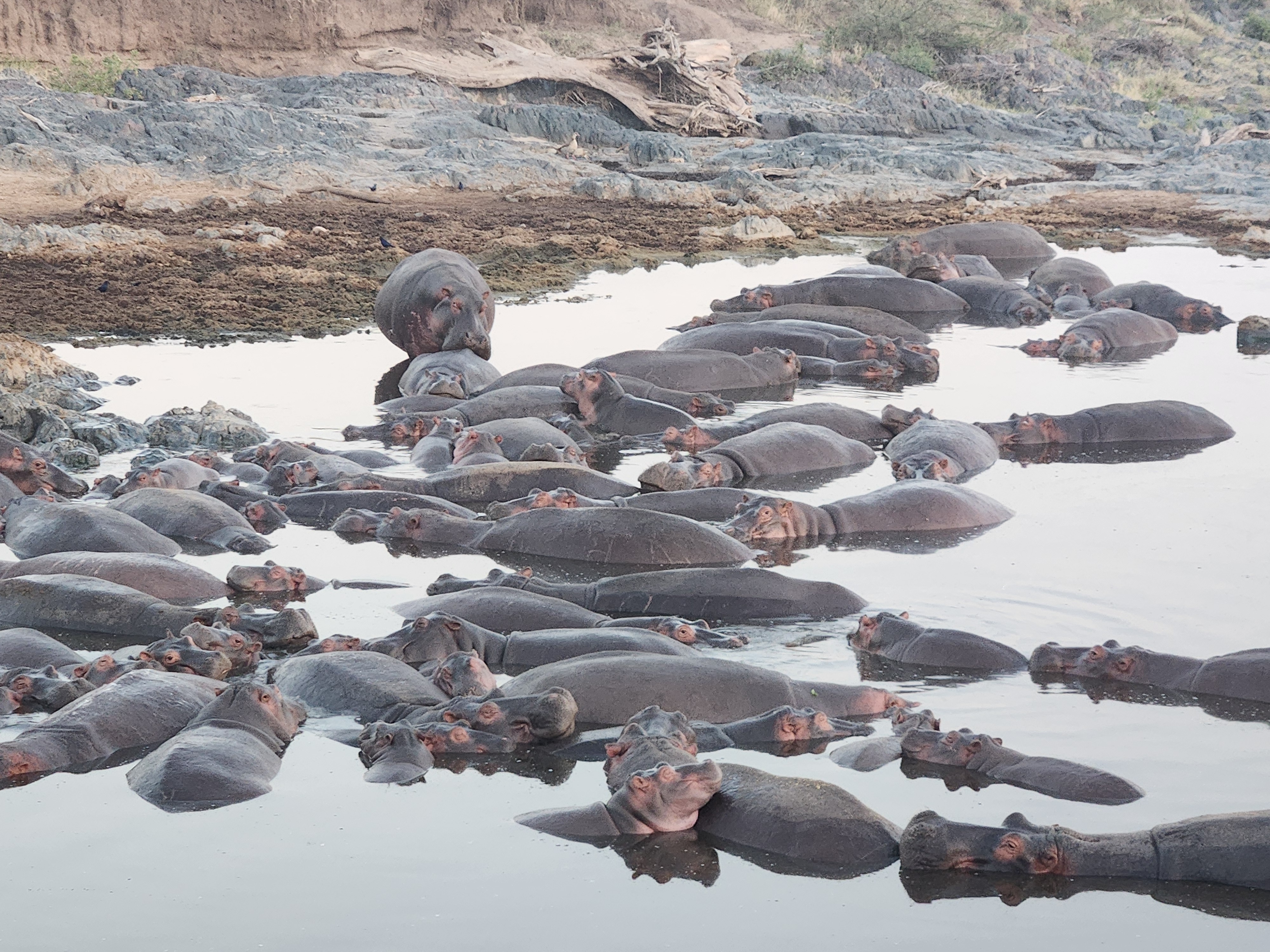
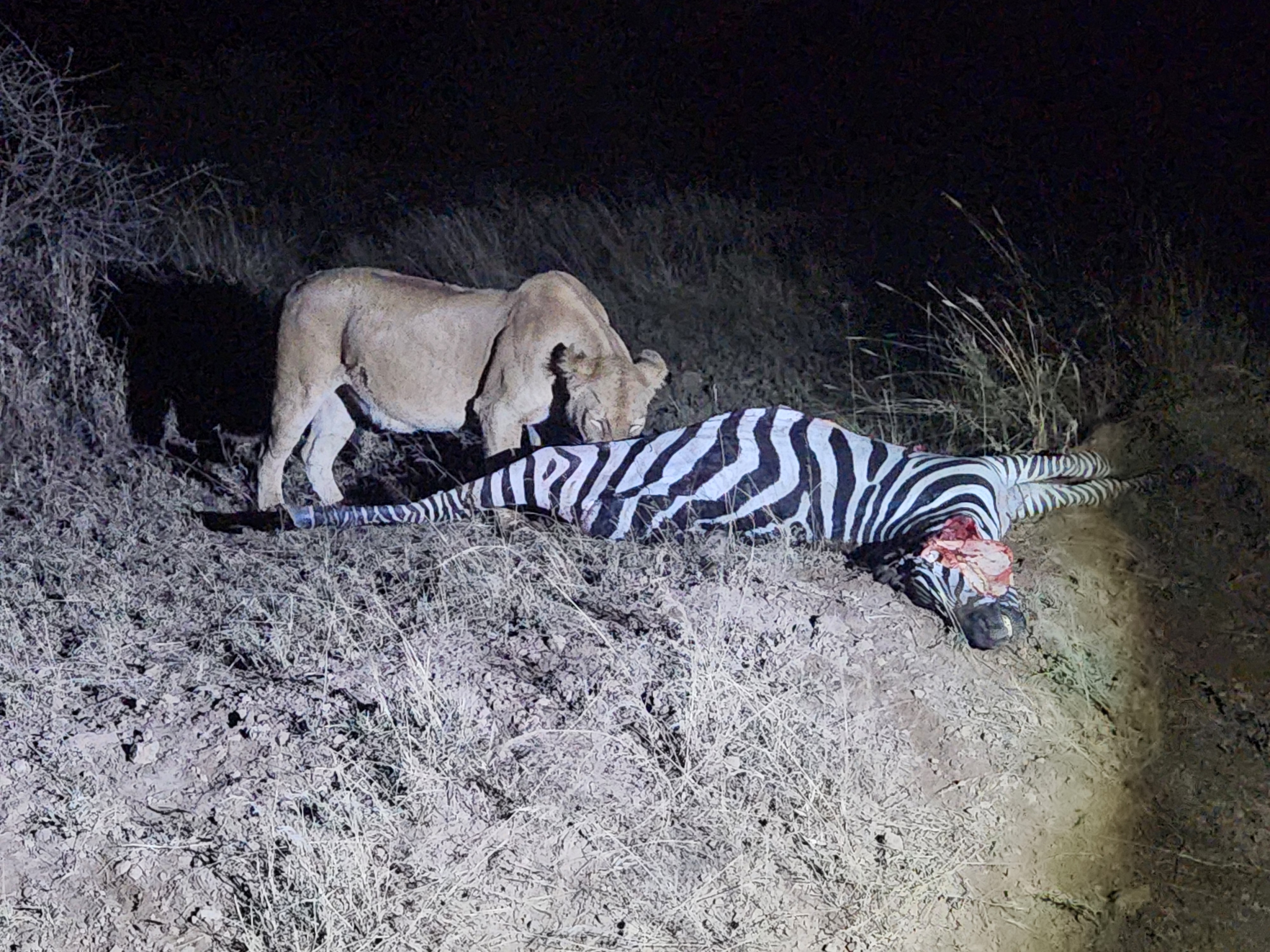
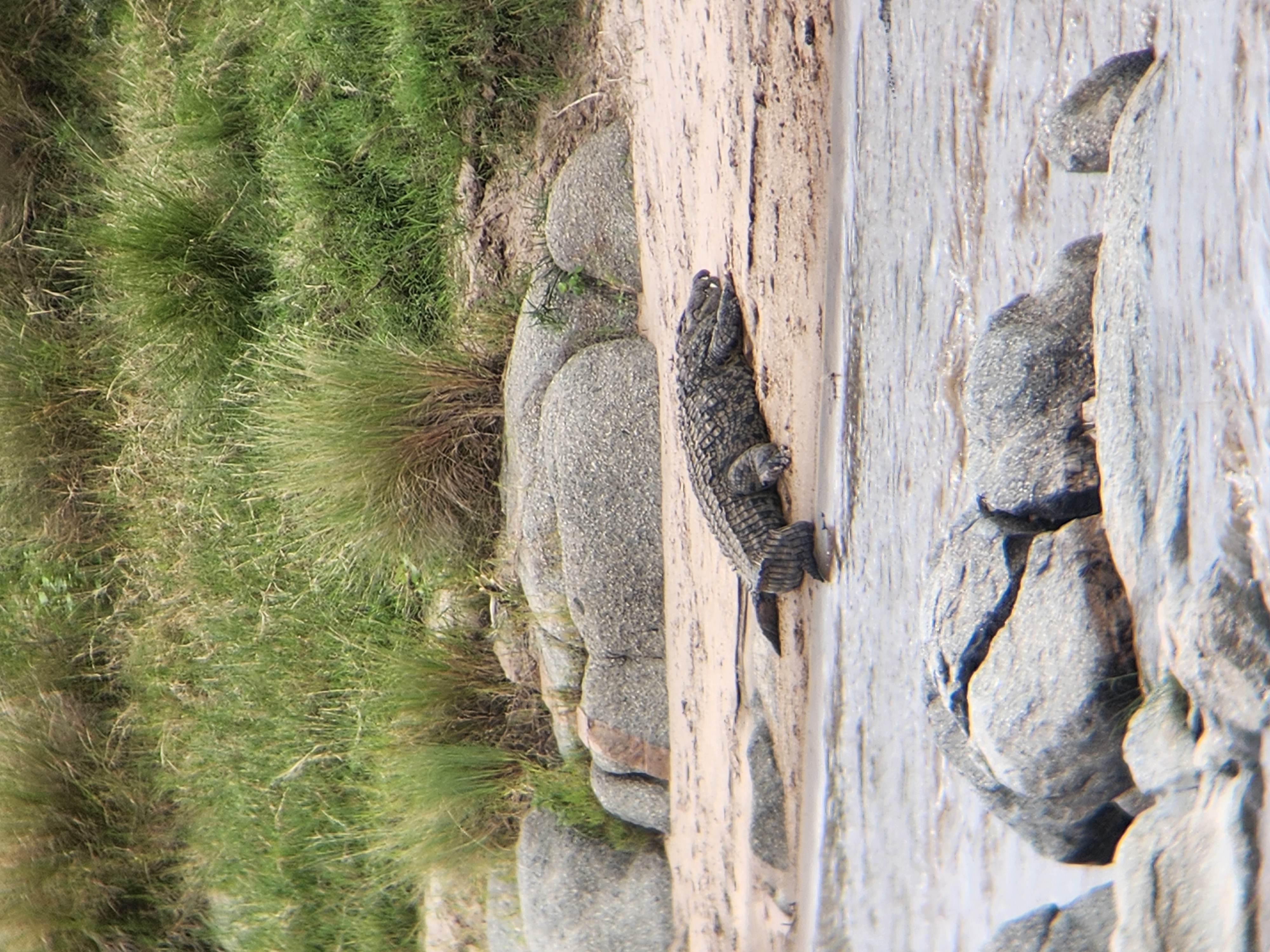
In the Tarangire, we saw our first giraffes, elephants and zebras. It is hard to describe just how abundant these animals are. In the US, you hardly see any wild life, even in rural areas. I live in Colorado and have been visiting the mountains my whole life - I can count on my hand how many moose, mountain goats, and foxes I've seen in the wild. In my multiple visits to Yellowstone, I'd only seen bison once. In Tanzania's National parks however, there is seldom a moment you are out of sight of an animal. If you enjoy smaller species like birds, mongooses, snakes, lizards, dikdiks, monkeys, the experience is even more enjoyable.
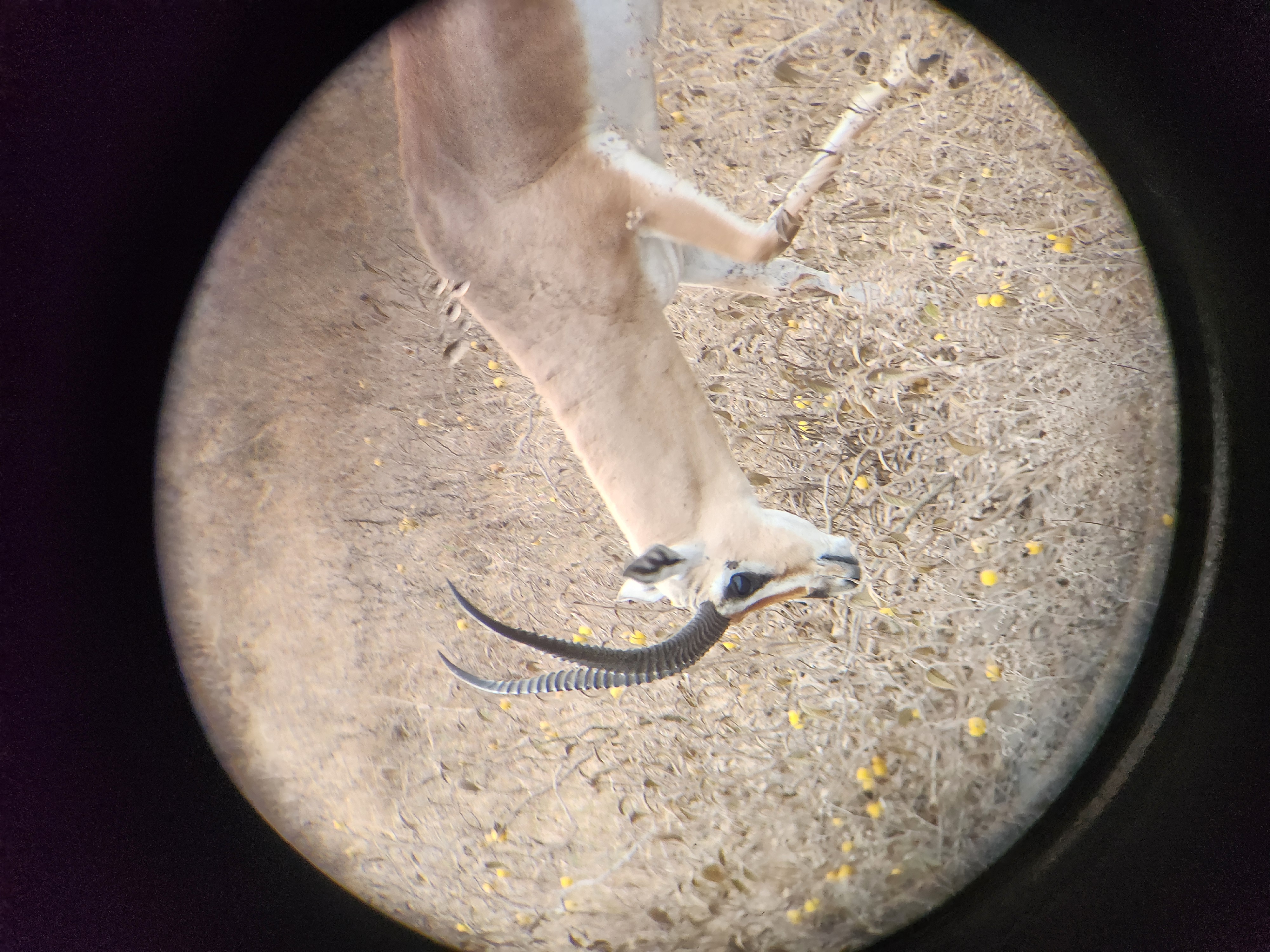
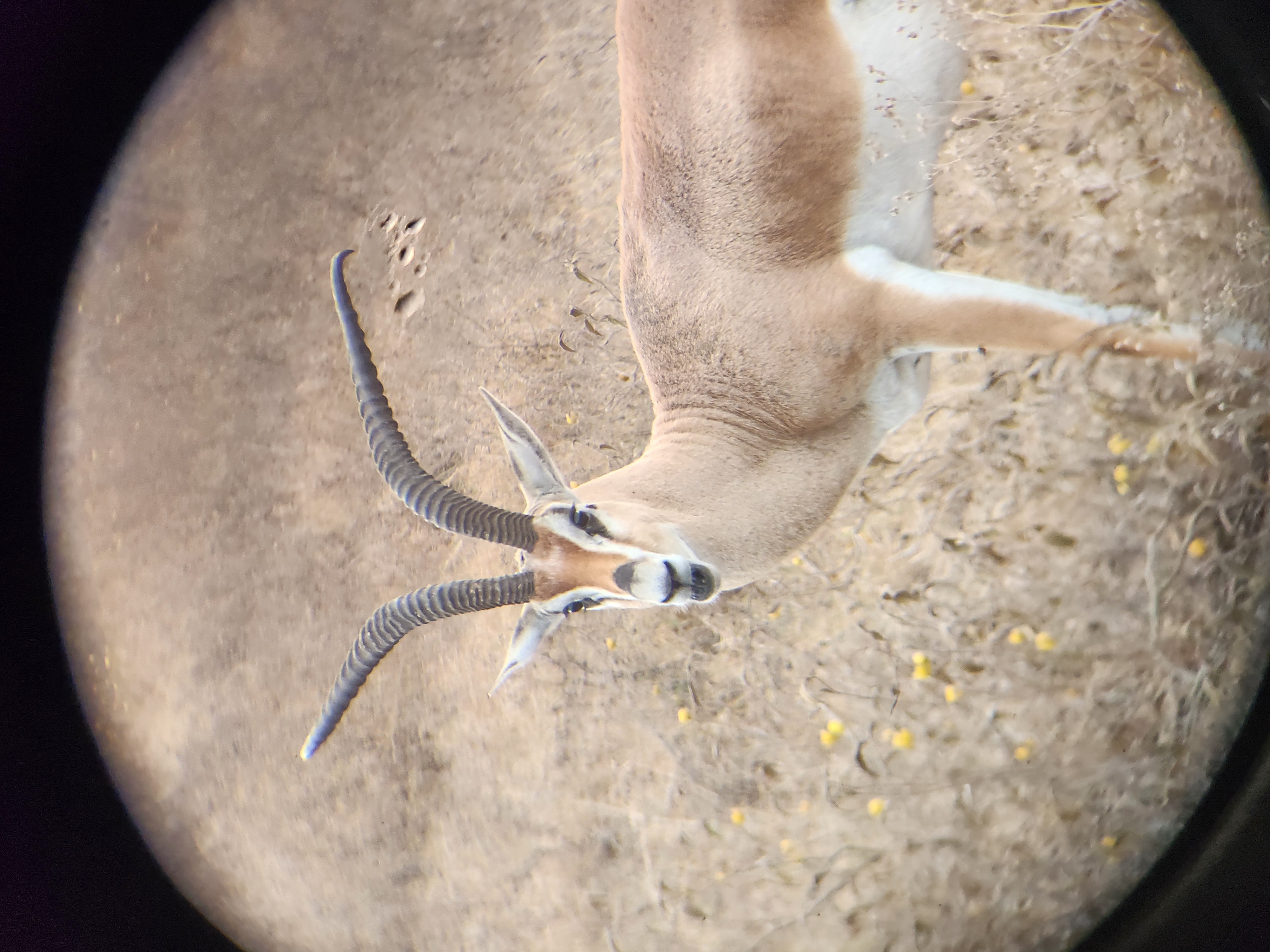
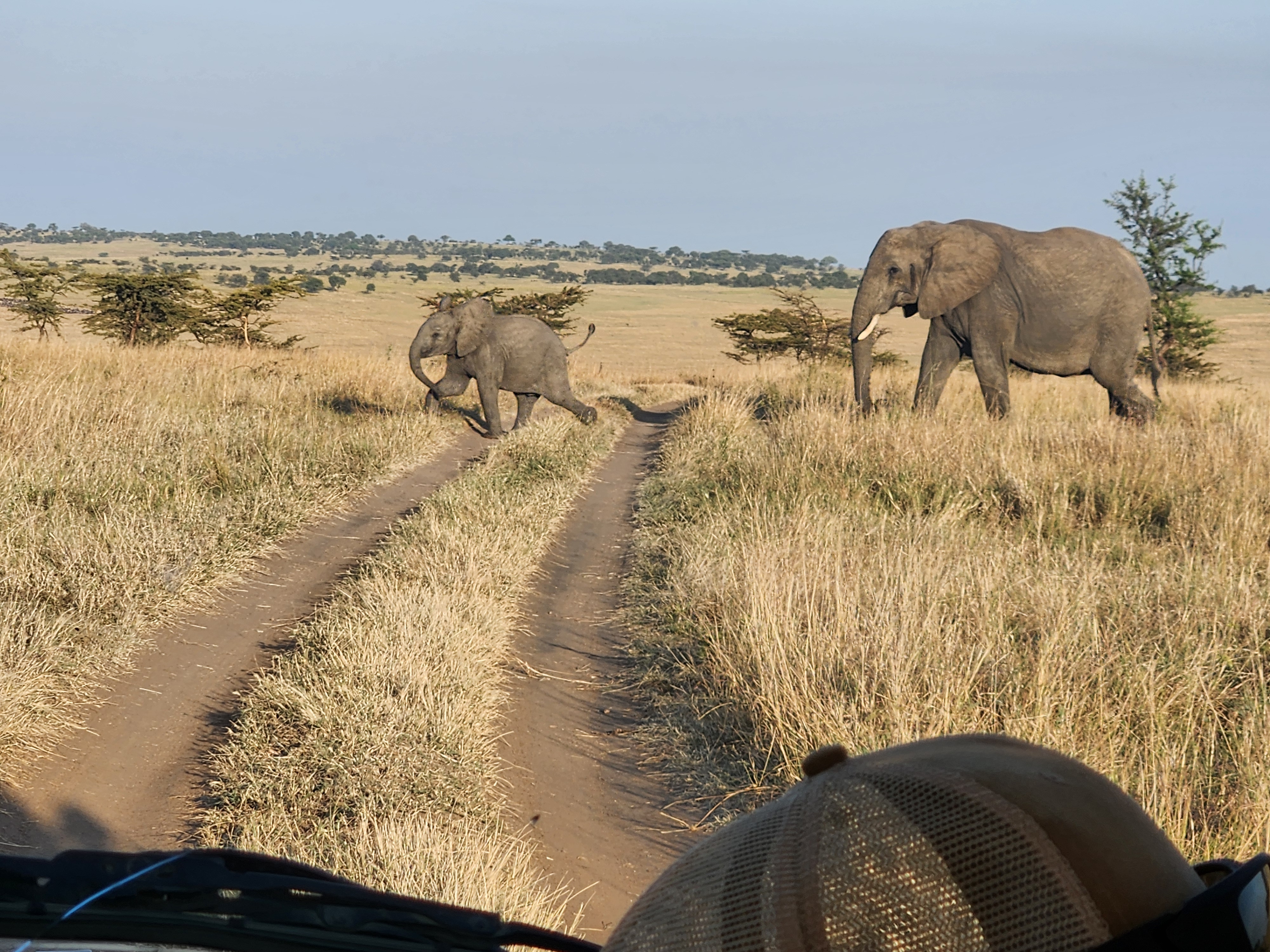
The Serengeti is where we experienced our first predators. We saw lions, leoapards, cheetahs, and hyenas. The lions were so frequent it was unbelievable to me. We stumbled upon a lion feasting on a zebra at 5 am, then another lion eating a zebra in broad daylight a day later. We saw 3 different prides of lions sunbathing on top of the rocky outcrops. The outcrops were the most unbelievable thing to me. Just, giant collections of HUGE rocks in the middle of the savannah. I knew of them vaguely from shows about Africa, but they were so unbelievable to me in person. We saw a lion climb on top of another safari truck. We watched a group of adult lions play with each other like kittens.
The Ngorongoro was our final destination and a perfect send-off. We saw a mama serval with 2 babies first thing as we entered. Servals are an incredibly rare sight, and my guide said that was his 2nd time in 21 years seeing serval babies. We saw flamingos (my fav childhood bird) and grey crested cranes (my current favourite bird). We saw a lone, elderly elephant eat alone with no tusks. I took some of my best photos here. As we left, we saw rhinos, which our guide spotted from 2 miles away, because he was fucking insane.
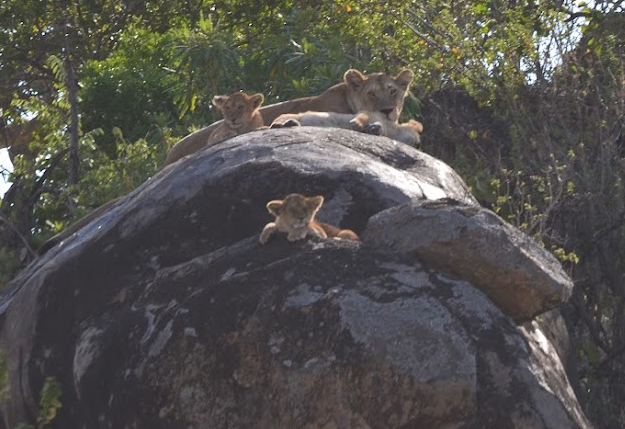
Swahili
I learned Swahili in anticipation for this trip and it was the best decision I've ever made. I've been learning languages since I was 7 years old, but I have NEVER gotten the chance to use any of them. My main love, Norwegian, has been entirely useless to me the last 8 years I've learned it. Being able to use Swahili was one of the most rewarding experiences of my life. I had to focus really really hard to understand what people were saying, but everyone was patient with me & would repeat what they said if I needed it. 99% of tourists don't bother learning anything, so even my minimal vocabulary was appreciated by everyone I spoke to. Almost every single time I spoke something to a Tanzanian, they'd go "Wow! How do you know that!" as if it is impossible for anyone to look anything up about Swahili.
One of the frustrations I had learning Swahili was that I could barely find any books in the language. So, on my first day in Tanzania, I went to a book store. It was the largest bookstore in Arusha and I realized quickly most of their materials are for children. I felt kind of guilty buying childrens books in an area where parents shilled out a lot of money to get their kids into school, so I only bought books that had multiple other copies available. I knew that there was not a lot of Swahili literature because of lower education rates, but it didn't occur to me how much of the books would be for children until I was standing in that store.
At the first hotel we stayed at, I spoke Swahili to one of the cooks to compliment her cooking. I told her I had been learning for 6 months. She must have told a coworker, because a guy came up to me in the lobby the next day. He asked if I had really been learning for 6 months and then quizzed me on my African animals. This happened again and again at the places we stayed. Id talk to one worker, and then their coworkers would be talking to me too. It warmed my heart how much they appreciated someone learning Swahili.
A really special interaction I had was with Chef Babu. We pulled up to his little restaurants parking lot, and we did a toast. 'Maisha Marefu', he said and asked if we knew what it meant. I said 'long life' and he was very impressed. We walked to the building and he asked me more questions, like how to say good. During lunch I was selected to help him cook some ugali & spinach, and the riffing continued. He asked what I thought the dish 'kukupaka' meant, and I said 'chicken cat'. He laughed and said yes, this dish includes cat, before explaining paka can also mean 'painted' (so the dish is Painted Chicken). By the end of lunch he was saying I was his daughter & that my family better make sure I catch the plane because otherwise I'll be staying in Tanzania. He was the first person I had a long conversation with. It was a lot of mental focus for me, but very very rewarding. We talked about my grandma (who knew the word for grandma was Bibi, and was standing there listening in with a funny expression, knowing she was the center of discussion).
I also got to learn something most safari-goers dont. My guide told me about the code safari drivers use so that the passengers can't tell what animals they're talking about. Some people will know the word for their favorite animal, or something common like lion (simba), and then get excited when they hear the driver say it to another. Then, when they keep driving the lions or whatever have moved, because they're wild animals, and the tourists get dissappointed. I was told they use the word 'sharubu' (big mane) for lion, 'juu' (high) for leopard, 'chini' (low) for cheetah. I actually figured out on my own that they use 'pembe' for rhino.
TAAANZANIA!
From July 24th to August 5th, I was in Tanzania. My trip was a safari - focused on seeing the animals in the Serengeti, Tarangire, and Ngorongoro crater National Parks. The company I was with, Road Scholar, also places an emphasis on cultural education, so we had some meetings with park managers, visited 2 local schools, visited locals in their homes, and some other culture-based experiences. I was visiting with my extended family, most of which I had never met before, besides my grandma.
Road Scholar was a hefty price - I paid 6500$ for this trip (not including plane tickets), but in my opinion it was heavily worth it. We did not have a single bad meal. Every bed was comfortable. You didn't have to worry about booking any hotels, paying for meals, tipping your guide - that was all included in the initial payment. The whole trip felt very safe with an excellent guide who was highly knowledgeable & drove very well on the unpaved roads. We had activities planned I don't think a solo-traveller could get in contact with to arrange. I felt like the high amount of money I paid was entirely worth it and I would recommend this specific Road Scholar trip to others.




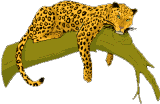



.png)
.png)